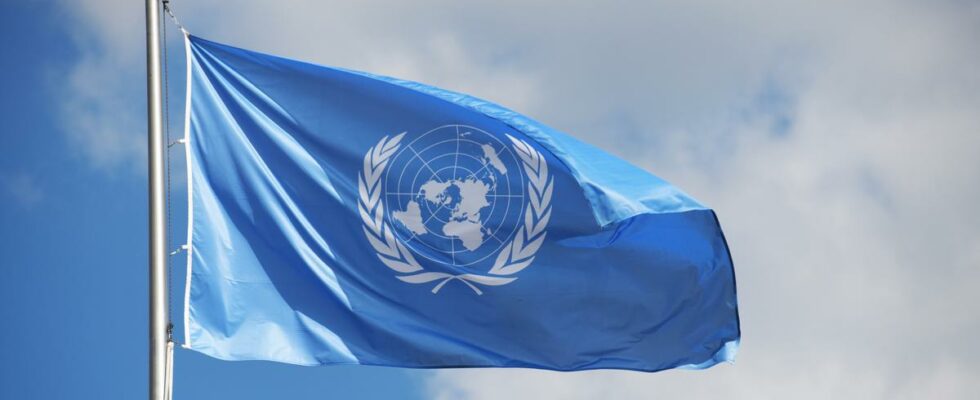UN flag in Brussels, December 28, 2020. nmann77 / stock.adobe.com
More than a third of the population will need humanitarian aid in 2023 in Sudan, due to hunger and the increase in the number of displaced people in this North-East African country, one of the most affected by hunger in the world, warns the UN. “The number of acutely food insecure people continued to rise for the third consecutive year“, indicates the UN in a report published this Sunday, identifying four million children under the age of five and pregnant and breastfeeding women who will need “vital careto survive hunger.
With “13.6% of the populationin a situation of acute food insecurity,Sudan is one of the most affected countries in the world“, continues the UN, pointing out that two million people had suffered from hunger in 2022 alone.
Read alsoOur review of A little brother, an African family far from the clichés
TO HAVE ALSO – Human rights are under attack “from all sides”, deplores the head of the UN
15.8 million people will need humanitarian aid
Due to an economy in freefall since the October 2021 putsch and the subsequent suspension of international aid, “around 15.8 million people will need humanitarian assistance, 1.5 million more than in 2022, the largest increase since 2011“, reports the UN. In one of the countries most at risk in the world from climate change, floods still affected 349,000 people in 2022 while dengue fever and malaria thrive in stagnant waters: “the epidemic threshold for malaria was crossed in 14 (out of 18) states of Sudan in 2022, twice as much as in 2021“, according to the UN.
With 3.7 million displaced people, two-thirds over the past 10 or 20 years, 314,000 Sudanese have joined the ranks of families who left their villages in 2022, in particular due to tribal conflicts or for access to land or water. water that killed nearly a thousand people and reduced hundreds of villages, crops and herds to ashes.
Violence, the economic crisis and mismanagement have also destroyed public services for decades: one in three Sudanese has to walk for more than an hour to find a medical establishment, where generally less than 30% of essential drugs are available today. today, compared to 43% in 2021, according to the UN. Water is also increasingly scarce: “about 26% of inhabitants say they walk more than 50 minutes to find water, which exposes them to security risks, especially women“. As for the schools,46% do not have enough drinking water and 71% do not have sanitation facilities” and especially, “70% of 10 year olds cannot read or understand a simple sentence“. Among the refugees, the second largest contingent in Africa, “70% of children of primary school age are out of school and 90% in secondary school“Adds the UN.
TO HAVE ALSO – South Sudan: The pope calls on the country’s leaders to find the “peace that was promised”
